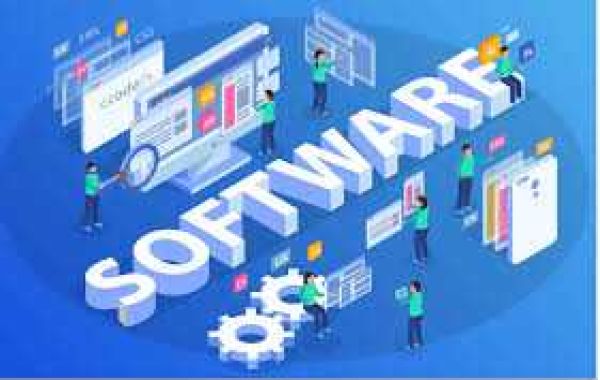1. Integration of Artificial Intelligence and Machine Learning
Artificial Intelligence (AI) and Machine Learning (ML) are set to revolutionize pharmacy management software. These technologies can analyze vast amounts of data to predict patient needs, optimize inventory management, and identify potential drug interactions. AI-driven analytics will enable pharmacies to offer personalized medication regimens and improve adherence by providing tailored recommendations and reminders.
2. Enhanced Data Security and Compliance
With the increasing amount of sensitive patient data being handled, pharmacy management software development will prioritize enhanced security measures. This includes advanced encryption techniques and robust authentication protocols to ensure data privacy and comply with regulations like HIPAA. As cyber threats become more sophisticated, software developers will focus on creating systems that can detect and mitigate potential security breaches in real-time.
3. Seamless Integration with Electronic Health Records (EHRs)
Future pharmacy management systems will increasingly integrate with Electronic Health Records (EHRs) to provide a more cohesive healthcare experience. This integration will facilitate the seamless exchange of patient information between pharmacists and other healthcare providers, leading to better coordination of care and reduced medication errors. Expect to see more advanced interoperability standards that ensure smooth data flow across different platforms.
4. Cloud-Based Solutions
The shift towards cloud-based pharmacy management solutions will continue to gain momentum. Cloud technology offers numerous advantages, including scalable storage, remote access, and reduced IT infrastructure costs. Cloud-based systems also enable real-time updates and collaboration, allowing pharmacy staff to access the latest information from any location. This flexibility is particularly valuable for pharmacies with multiple locations or those that operate in a telehealth environment.
5. Automation and Robotics
Automation is poised to become a cornerstone of pharmacy management software. Automated dispensing systems and robotics will streamline medication dispensing processes, reduce human error, and enhance efficiency. Future developments will likely focus on integrating these technologies with pharmacy management software to enable real-time inventory tracking, automated ordering, and precise medication delivery.
6. Patient-Centric Features
Pharmacy management software will increasingly incorporate features designed to enhance the patient experience. This includes user-friendly interfaces for patients to manage their prescriptions, access medication information, and communicate with their pharmacists. Telepharmacy capabilities will become more advanced, allowing patients to consult with pharmacists remotely and receive personalized advice and support.
7. Advanced Analytics and Reporting
The future of pharmacy management software will see a significant increase in the use of advanced analytics and reporting tools. These tools will provide pharmacies with valuable insights into prescription trends, patient demographics, and operational performance. By leveraging data analytics, pharmacies can make informed decisions, optimize their workflows, and identify opportunities for improvement.
8. Support for Emerging Drug Therapies
As new drug therapies and treatments continue to emerge, pharmacy management software will need to adapt to accommodate these innovations. Future software will include features that support the management of specialty medications, biologics, and other complex therapies. This includes tracking and managing patient-specific requirements, such as temperature-sensitive drugs and individualized dosing regimens.
Conclusion
The next decade promises exciting advancements in pharmacy management software development. As technology continues to evolve, pharmacies will benefit from more integrated, secure, and efficient systems that enhance patient care and streamline operations. By staying abreast of these trends, pharmacy professionals can ensure they are well-equipped to meet the demands of the future and deliver exceptional service to their patients.








